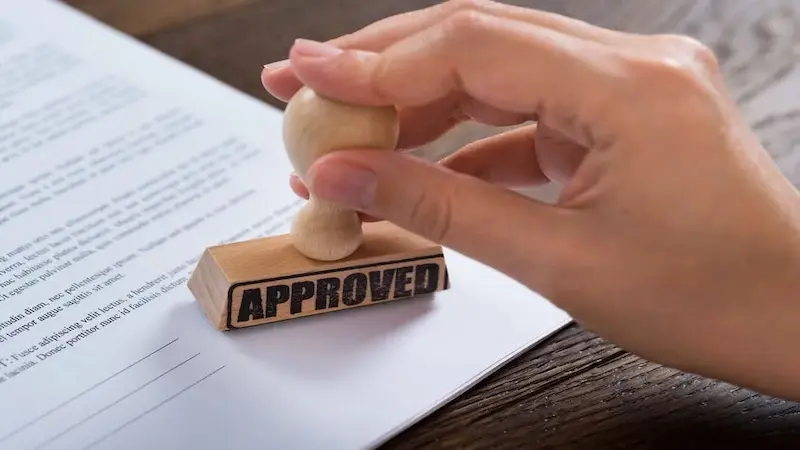Securing a low-interest personal loan requires understanding your credit score and available loan options.

Securing a personal loan at a low-interest rate translates to lower monthly payments. This can significantly ease financial strain, allowing more room in your budget.
Over the life of the loan, a low-interest rate reduces the total amount you'll repay. This means more savings in the long run and less money spent on interest.
Low-interest loans can be viable for consolidating higher-interest debts like credit cards. This simplification can make monthly payments more manageable and save you money.
Secured loans are backed by collateral, such as a car or home. They generally come with lower interest rates because the collateral reduces the lender's risk.
Unsecured personal loans do not require collateral, making them more accessible for many borrowers. However, they typically have higher interest rates compared to secured loans due to increased lender risk.
These loans come with an interest rate that remains constant throughout the term. This predictability can make budgeting easier as your monthly payments will not vary.
Variable-rate loans have interest rates that can change over time, often tied to market conditions. While they might start with lower rates, they're riskier due to potential rate increases.
Borrowers with excellent credit scores can often secure the lowest interest rates and the very favorable loan terms.
Good credit scores still offer favorable loan options, though interest rates may be slightly higher than for excellent credit scores.
Fair credit scores may face higher interest rates and limited loan options. Secured loans might be more viable than unsecured ones.
Borrowers with poor credit often struggle to find favorable loan terms, facing high-interest rates if approved.
Errors in your credit report can unjustly lower your score. Check your report regularly and dispute any inaccuracies.
Timely bill payments significantly boost your credit score. Set up automatic payments or reminders to avoid forgetting.
High existing debt can negatively impact your credit score. Prioritize paying down credit card balances and other loans.
Hard inquiries, such as when applying for multiple loans or credit cards in a short period, can negatively impact your credit score. Be strategic about when you apply for credit.
Compare the APR (Annual Percentage Rate) of different lenders to understand the true cost of the loan, including any fees.
Beware of hidden fees, such as origination fees, late payment fees, or prepayment penalties. These can significantly affect the loan's cost.
Evaluate the repayment terms, including the length of the loan and the flexibility of the payment schedule. Longer terms may mean lower monthly payments but higher overall interest.
Choose a lender known for excellent customer service. Responsive support can be crucial if you encounter issues during the loan term.
Securing a low-interest personal loan involves understanding your credit score, exploring different types of loans, and comparing lenders. By following the tips outlined in this article, you can make an informed decision that aligns with your financial needs and goals. Remember that improving your credit score takes time and diligence, but it can significantly enhance your ability to secure favorable loan terms in the future.
Explore the Tranquil Bliss of Idyllic Rural Retreats

Ultimate Countdown: The 20 Very Legendary Gaming Consoles Ever!

Understanding Halpin and its Influence

Affordable Full Mouth Dental Implants Near You

Discovering Springdale Estates

Illinois Dentatrust: Comprehensive Overview

Embark on Effortless Adventures: Unveiling the Top in Adventures Made Easy Outdoor Equipment

Unveiling Ossur Valves: Innovation in Prosthetics

Unlock the Full Potential of Your RAM 1500: Master the Art of Efficient Towing!
